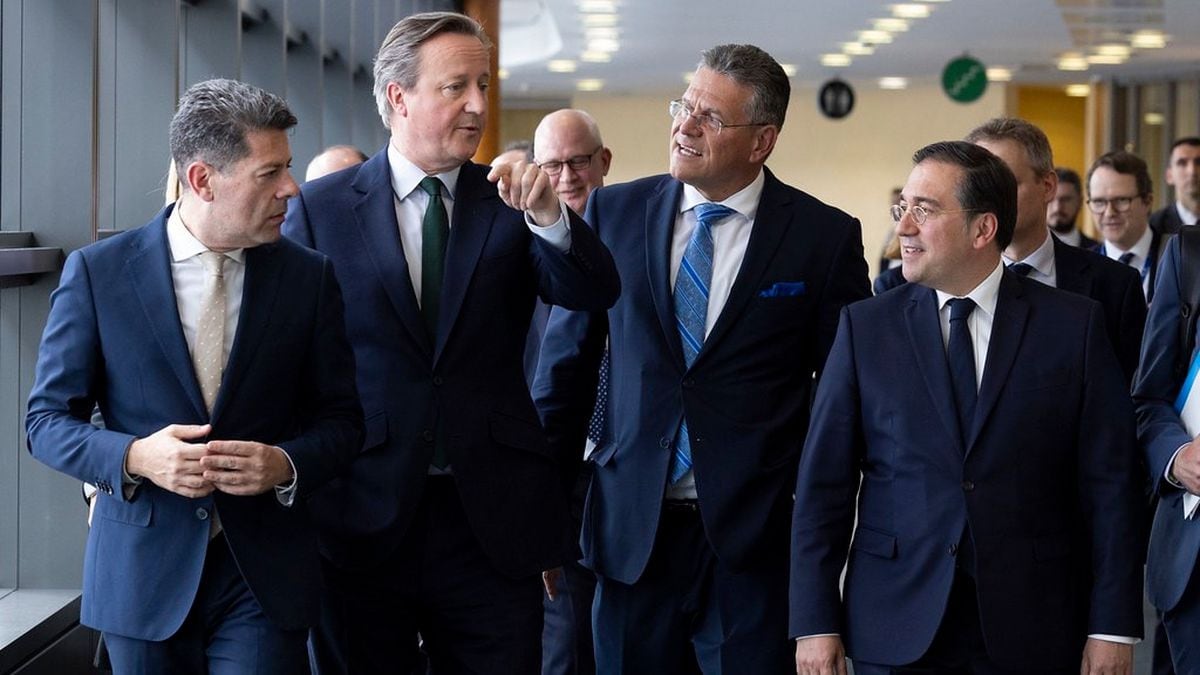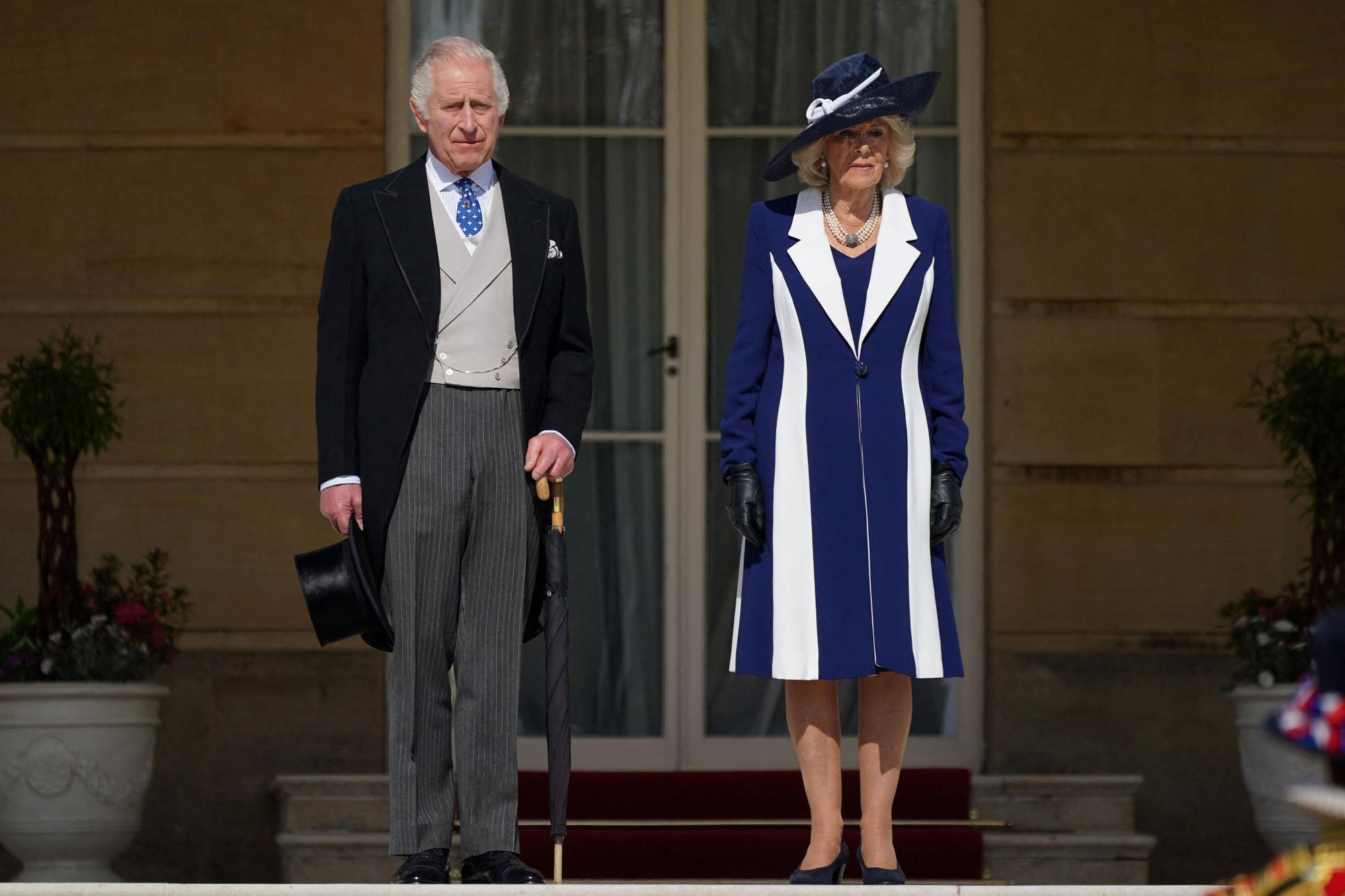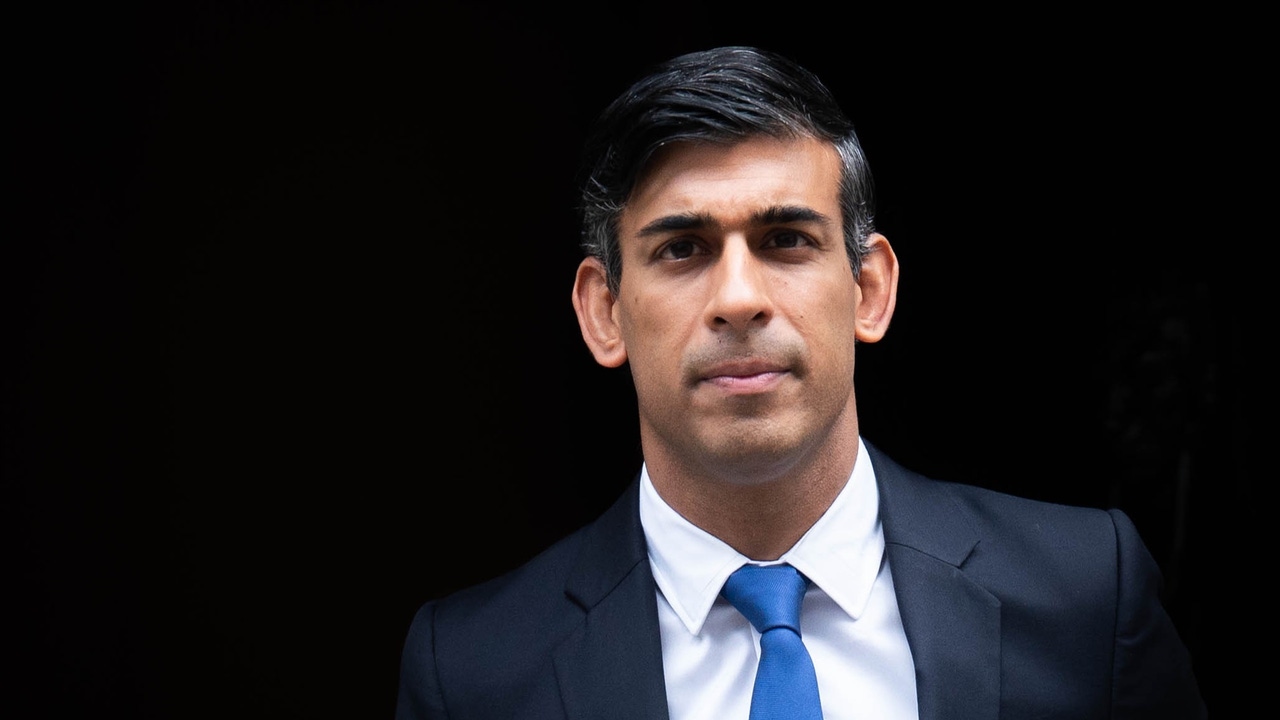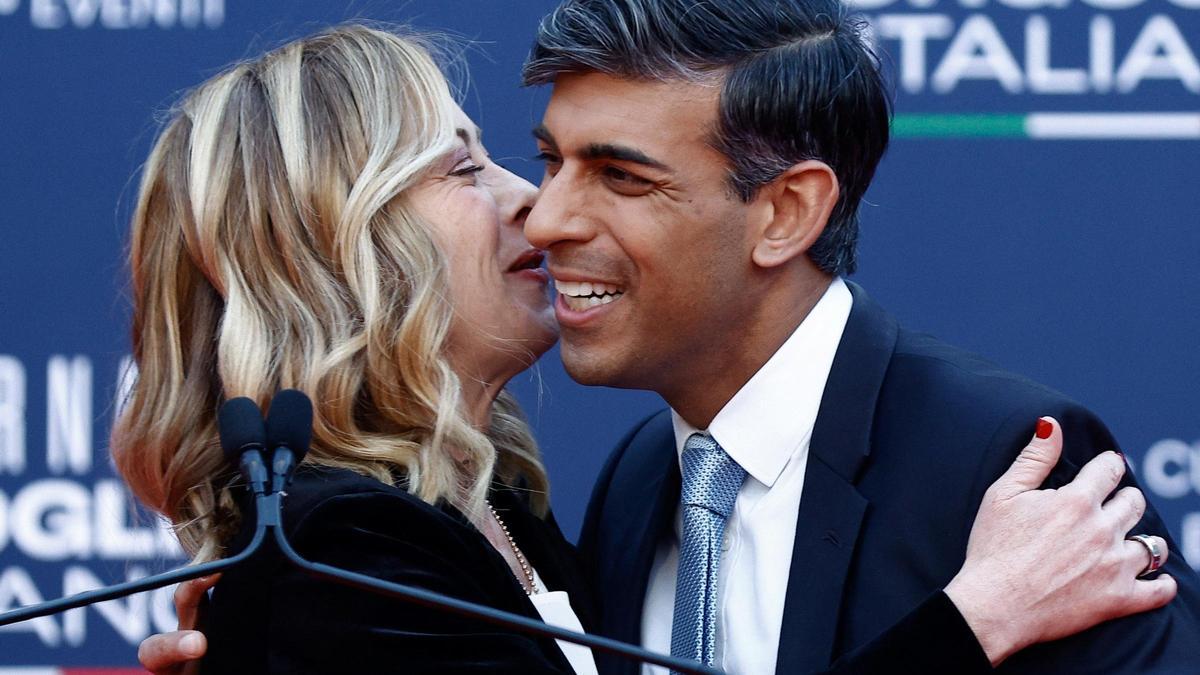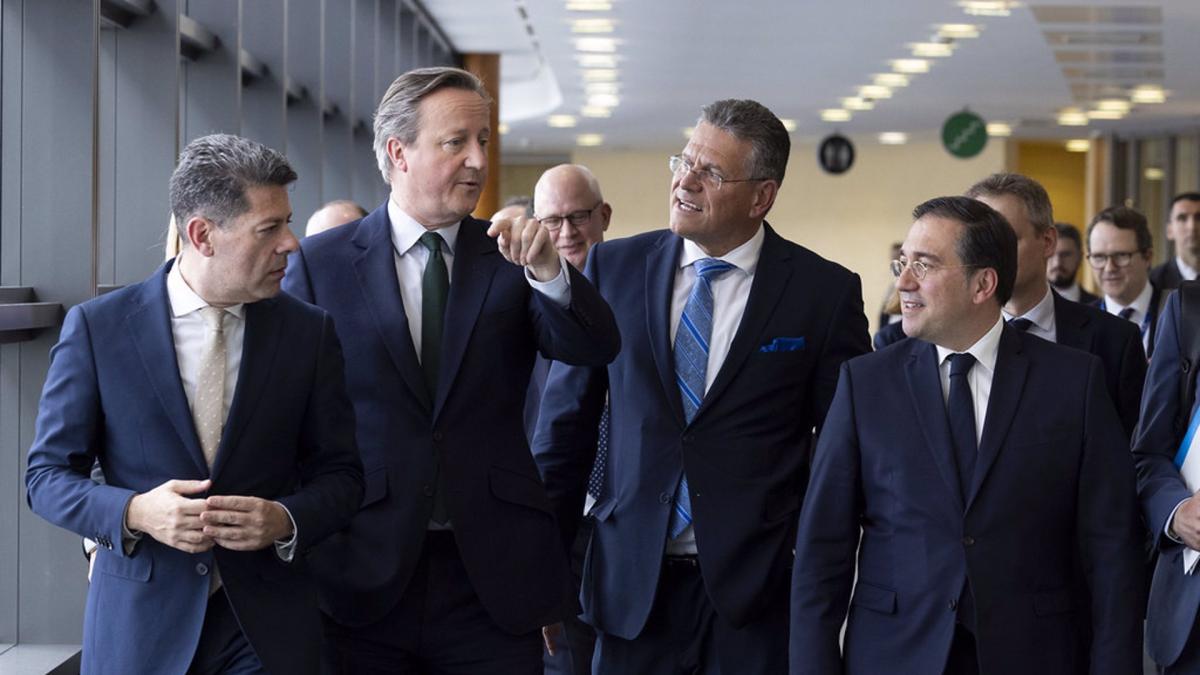President Alberto Fernández’s decision to normalize diplomatic relations with the Nicolás Maduro dictatorship in Venezuela is the focus of consultations with the government’s spokeswoman, Gabriela Cerruti, in her usual weekly press conference.
The official defended the Government’s decision and stated: “Obviously the situation in Venezuela is changing.“. His statement elicited a quick reaction from Tamara TaraciukHuman Rights Watch director: “What planet do you live on?“.
Cerruti also stated that “It doesn’t make sense to continue to talk and make some of the criticism that has been made. Recently there have been elections in several districts in which the ruling party lost. It is difficult to talk about a government where there is no democracy, when the ruling party loses the election.”
Taraciuk added on his Twitter account a series of considerations to explain the vision of the organization he leads. There he detailed a tweet he had published last Monday in which he explained that “Independent experts from the United Nations documented that the Venezuelan judiciary not only did not investigate crimes and abuses but was complicit in them”stated that “today there are more than 240 political prisoners” and also mentioned the humanitarian emergency stemming from the economic situation, the exodus of more than 6 million people and the expulsion of international observers who in November 2021 were unable to oversee elections.
The presidential spokesman also said that “the President spoke on this issue with (Michelle) Bachelet, with the President of Canada, Trudeau, and with Gabriel Boric about this issue”, that “Latin America must unite and accompany” and that “the Argentinean government maintains as The international position is that it is not by excluding or sanctioning how these countries’ problems are solved, but rather by “sitting them at the table for negotiation and cooperation so that we can all tend to the common good.”
President Alberto Fernández announced on Monday during the visit of his Ecuadorian counterpart, Guillermo Lasso, at Casa Rosada, his intention to continue diplomatic relations with Venezuela through an agreement between Latin American countries that are members of the CELAC (Community of Latin American and Caribbean States). The initiative sparked criticism from international human rights organizations such as Amnesty International and Human Rights Watch as well as from members of the opposition to Maduro, such as the president in charge of the country, Juan Guaido.
“Best help for Venezuela, and Argentina knows it because they have been through a brutal dictatorship, is to restore democracy with free and fair elections, demand justice for the victims of crimes against humanity and seek the return of the Venezuelan people to their homeland, without persecution or censorship.”, Guaido raised in a report he gave to journalist Eduardo Feinmann on Miter radio, on Wednesday this week.
And I added: “Re-establish relations should be with the interim government, with the National Assembly; the negationist attitude towards the dictatorship revived the entire democratically resisted Venezuelan society“.
“Political prisoners continue, there are open prosecutions of human rights defenders, who have serious health problems and were kidnapped by the dictatorship“, he gave an example.
“Do you think President Alberto Fernández is a denier?” Feimann asked. “Not mentioning things by name and talking about problem solving is denying reality; I invite you to call things by their name and Maduro a dictator, that’s what the Venezuelan people need”, replied Guaido.
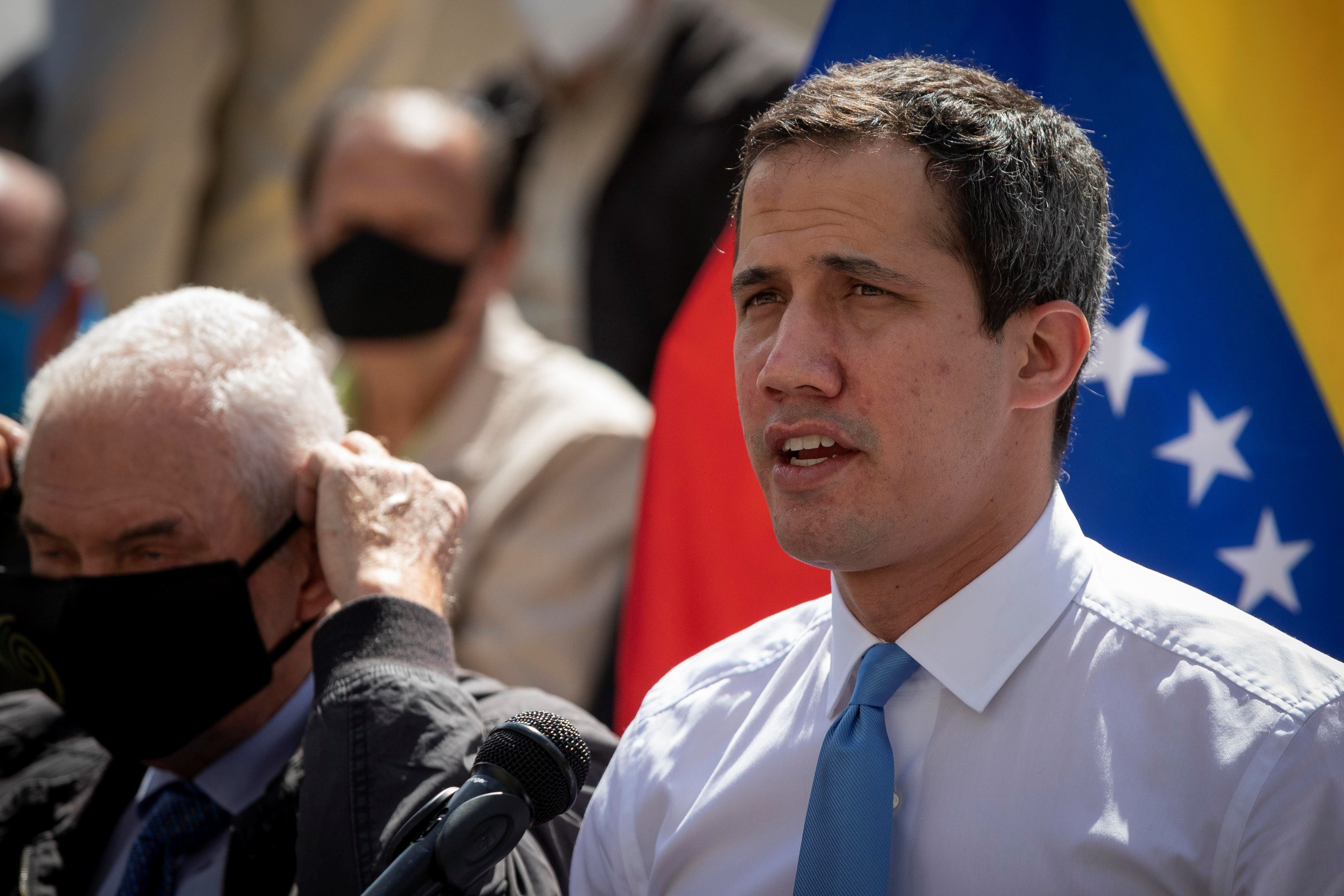
infobae He also consulted with Cerruti on Argentina’s abstention this Thursday at the OAS which could decide on Russia’s expulsion from the Standing Council of international forums that contradicts the government’s position two weeks ago at the United Nations. “If there is something the Government has in its foreign policy, it is coherence. Far from contradicting. As I explain here, Argentina supports the suspension of Russia as a member of the UN Human Rights Committee because it is being investigated by the Argentine-promoted Investigative Commission for human rights abuses in Ukraine.”
He went on to add that “not all expulsions or sanctions have the same validity in all international organizations. Argentina does not believe that removing a country from an international organization serves to improve the situation in that country and in this case the OAS uses sanctions or expulsion of certain countries as the usual mechanism.. Argentina will not push (Russia) to be excluded from the G20 or in the case of the OAS because one thing has nothing to do with another. It does not serve the only purpose we have in our foreign policy, which is to ensure that human rights are upheld in all countries of the world and in all situations in the world. Our country voted, opposed or abstained according to what we believed that what was proposed was for this purpose.”
The Organization of American States (OAS) has done it this Thursday suspended Russia as a permanent observer of the regional bloc due to the invasion of troops under Vladimir Putin’s command into the sovereign territory of Ukraine, but Argentina voted to abstain along with seven other countries. With this decision, representatives of the government of Alberto Fernández were on the side of the minority sector of the OAS, as the motion against the Russian regime was finally approved by 25 in favor and 8 abstentions.
It was a new decision that at the diplomatic level and in less than 24 hours Argentina took to avoid condemning Russia. As revealed infobaeArgentine economy minister Martin Guzman, He did not bow to the boycott of his peers in the UK, US and Canada. Representatives from those countries walked out of the G20 plenary as Russian ministers spoke, protesting the invasion of Ukraine, on Wednesday this week.
KEEP READING

“Web specialist. Incurable twitteraholic. Explorer. Organizer. Internet nerd. Avid student.”

:quality(85)//cloudfront-us-east-1.images.arcpublishing.com/infobae/4BJXIVVHJRG5FF2W2ZLH3YWIB4.jpg)
